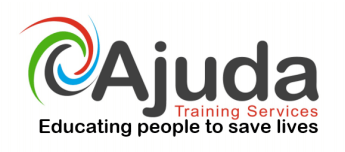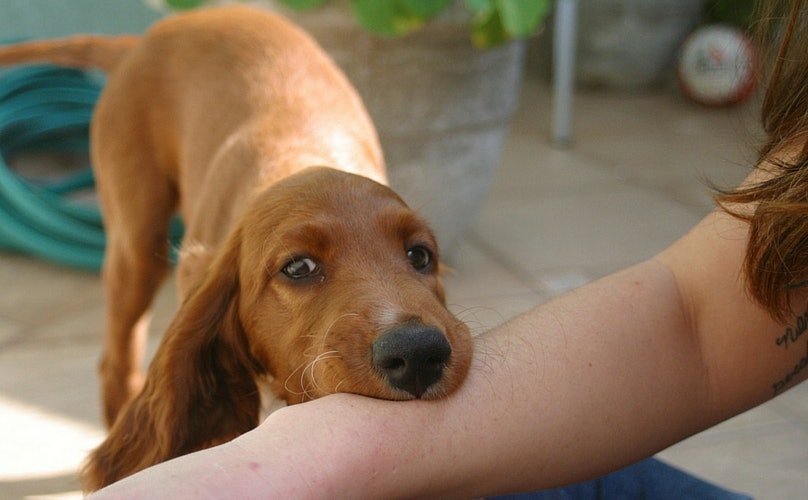This week in the news there have been 2 recent incidents in the UK involving children being bitten by dogs. It is estimated that over 200, 000 people a year are bitten by dogs and other animals. Animal bites and scratches that break the skin can damage tissues and let germs into the skin, for this reason you must treat any bite that breaks the skin to stop it from getting infected.
Bites from animals can be quite jagged as well as being at risk of infection. It is advised to get any bite that has punctured the skin looked at by a medical professional because quite often the wound may not look too serious, however, the bite can penetrate deeply and inject infected matted under the skin. For example, if the wound is red and becomes inflamed (hot or angry looking), the casualty will need antibiotics; if the wound is particularly large, the casualty may need stitches.
A severe infection that is commonly associated with animal bites is rabies. Rabies is a serious viral infection that attacks the brain and the nervous system. The virus is passed on through the saliva of an infected animal when they bite a human. Almost all cases of rabies occur abroad. Another potential risk after an animal bite is a bacterial infection called tetanus. It is rare that animal bites can lead to these infections. Most infections come from bites from wild animals such as dogs, bats, raccoons, skunks and foxes.
Prevention!
Many animal bites can be prevented from occurring. Many are provoked. Always keep a close eye on children around animals (even pets!). Teach them to be gentle around animals and not to tease them, and to stay away from wild or stray animals. Not all dogs that bite or scratch are aggressive many react because they are nervous for example, their space has been invaded, there has been a loud noise or a quick, unexpected movement.
Treat dogs with respect. Do not approach them suddenly or interrupt them when they are eating or sleeping. Avoid stroking unfamiliar dogs and, when greeting a dog for the first time, let it sniff you before touching it.
What to do
When someone is bitten by an animal there are certain steps and precautions that must be taken.
– Wash the bite area with soap and warm water to reduce the risk of infection.
– Raise and support the wound and gently pat it dry.
– If the bite is bleeding, apply pressure with clean gauze from your first aid kit (you can use a clean cloth if you do not have access to a first aid kit)
– If the bleeding has stopped you can apply antibiotic ointment.
– Once clean, cover the wound with a sterile wound dressing (gauze or a bandage).
– Offer the person who has been bitten ibuprofen for pain relief
It is important to reassure the casualty and to be aware that you may need to treat them for shock.
Seek medical care if:
– the bite was from:
a wild or stray animal
a pet that isn’t up-to-date on rabies shots
an animal that is acting strangely
– the bite has broken the skin or if the wound is large or deep, treat for bleeding (apply pressure and cover the wound) and call 999/112 for an ambulance
– the bite is on the face, head, neck, hand, foot, or near a joint
– a bite or scratch becomes red, hot, swollen, or increasingly painful
– you think there is a risk of rabies (you need to get them to hospital as fast as you can)
– the wound is dirty
– your child (or the person bitten) is behind on shot or has not had a tetanus shot within 5 years
We are big dog lovers over at Ajuda HQ so we have collected this information to help people avoid getting in a situation where they are bitten by a dog (or other animals). We strongly advise that all parents have an accessible first aid kit with them that they use in the case of an emergency such as an animal bite. If you are interested in learning more first aid skills, we run open courses every month. For more information please contact us on 029 2057 6883 or email daisy@ajuda.org.uk.







